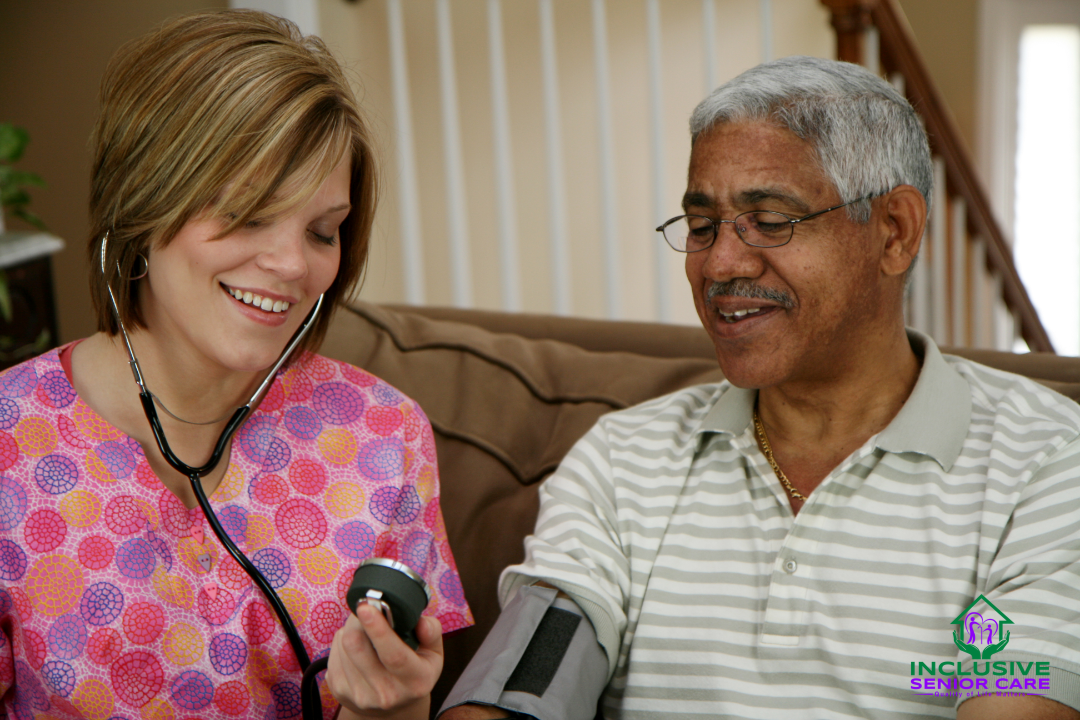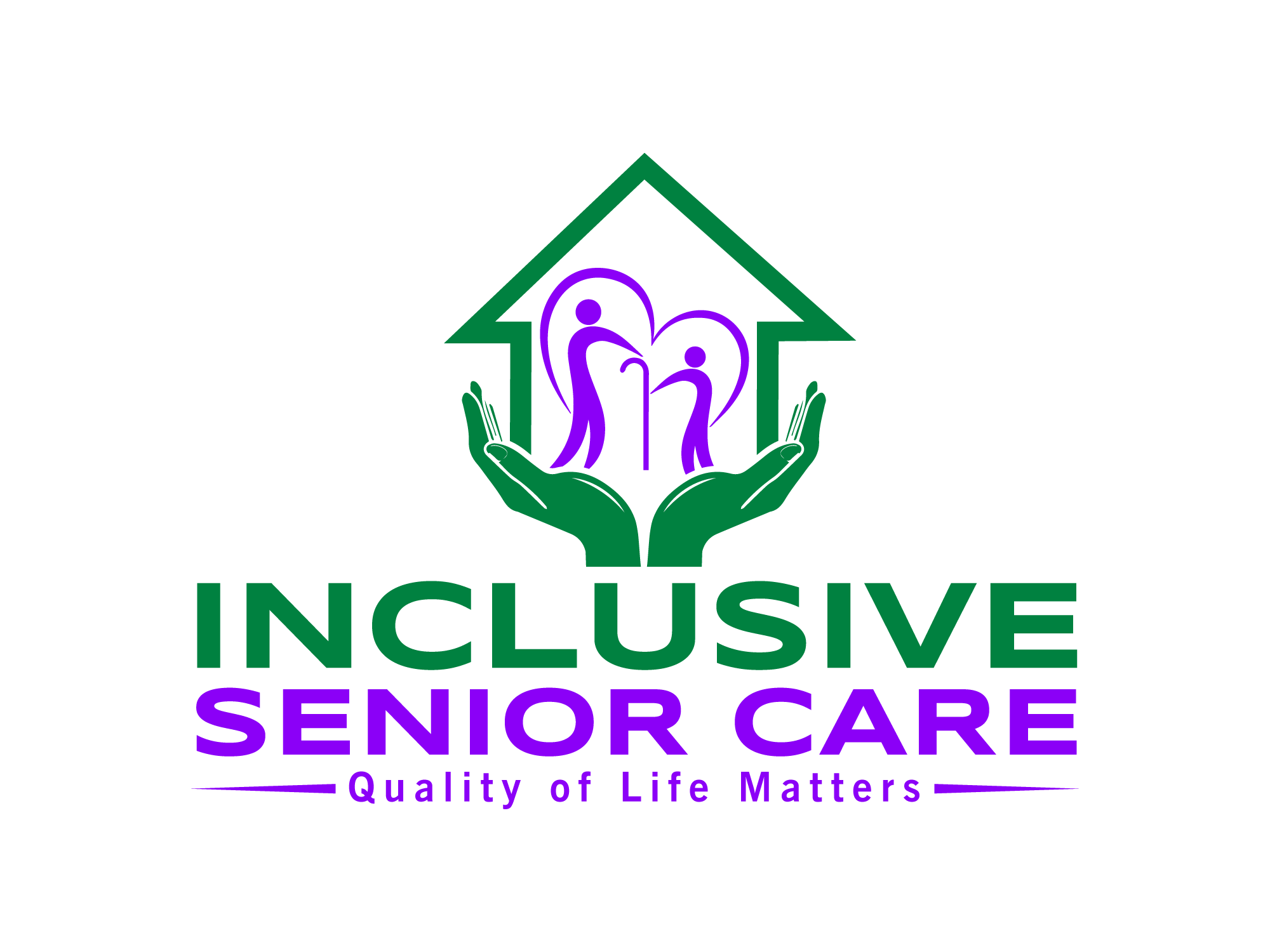Undergoing surgery is a significant event that requires comprehensive care during the hospital stay and the crucial post-operative period at home. Having a dedicated care provider by your side is beneficial and essential for a smooth and successful recovery. Let’s explore why a care provider is paramount and why you should strongly consider their assistance after surgery.

Follow your doctor's instructions
Your doctor will give you specific instructions on how to care for your surgical site, what medications to take, what activities to avoid, and when to follow up. Make sure you understand and follow these instructions carefully. If you have any questions or concerns, don’t hesitate to contact your doctor or nurse.
Keep your surgical site clean and dry.
Depending on your surgery type, you may have stitches, staples, glue, or a dressing on your surgical site. It is important to keep your surgical site clean and dry to prevent infection and promote healing. Follow your doctor’s instructions on cleaning and changing your dressing if needed. Avoid touching, scratching, or picking at your surgical site.
Manage your pain and discomfort.
It is normal to feel some pain and discomfort after surgery. Your doctor will prescribe you pain medication to help you manage your pain. Take your pain medication as directed and do not exceed the recommended dose. You can also use ice packs, heating pads, or gentle massage to ease your pain and discomfort. If your pain is severe or does not improve, contact your doctor.
Eat well and stay hydrated.
Your body needs proper nutrition and hydration to heal after surgery. Eat a balanced diet that includes protein, fiber, fruits, vegetables, and whole grains. Avoid foods that are spicy, greasy, or hard to digest. Drink plenty of water and fluids to prevent dehydration and constipation. If you have nausea or vomiting, try eating small, frequent meals and avoid strong smells.

Expertise in Wound Care and Medication Management
A care provider possesses the knowledge and expertise to administer proper wound care and manage medications effectively. They are trained to handle dressing changes, monitor wound healing progress, and promptly identify signs of infection or complications. By entrusting your wound care to a qualified caregiver, you can rest assured that you receive the highest standard of care, minimizing the risk of infections and facilitating optimal healing. Moreover, their meticulous medication management ensures that you never miss a dose or take incorrect amounts, maximizing the effectiveness of post-operative medications and promoting a comfortable recovery.

Vigilance in Monitoring and Managing Potential Complications
Post-operative complications can arise, even with successful surgical outcomes. Having a vigilant care provider by your side is crucial for detecting early warning signs of complications and taking prompt action. They can closely monitor your vital signs, observe any changes in symptoms, and communicate concerns to your healthcare team without delay. This level of attentiveness helps prevent complications from escalating, potentially avoiding the need for hospital readmission and ensuring a smoother recovery process.

Effective Communication with Healthcare Professionals
Effectively communicating with healthcare professionals is crucial for a successful recovery. A care provider can be your advocate, accompanying you to follow-up appointments, relaying important information to the healthcare team, and asking relevant questions. They ensure that your concerns are heard, you receive the necessary care, and your recovery progress is closely monitored. Their involvement facilitates seamless communication, leaving no room for uncertainties or overlooked details.
Most importantly, rest and relax. Getting enough rest and relaxation is vital for your post surgical home care. Avoid strenuous activities that could strain your surgical site or cause bleeding, swelling, or infection. Follow your doctor’s advice on when you can resume your normal activities and exercise. In the meantime, get plenty of sleep and rest throughout the day. You can also do some gentle stretching, breathing exercises, or meditation to help you relax and cope with stress.
Post surgical home care can be challenging, but it is also rewarding. By following these tips and advice, you can ensure a safe and successful recovery from your surgery.
A care provider’s role after home surgery is indispensable. Their expertise in wound care and medication management and their ability to monitor for complications, assist with daily activities, provide emotional support, and communicate effectively with healthcare professionals are all critical elements that contribute to a smooth and successful recovery. Considering their significant benefits, it is clear that having a care provider by your side after surgery is not just advantageous but a wise decision that maximizes your chances of achieving the best possible outcomes.
